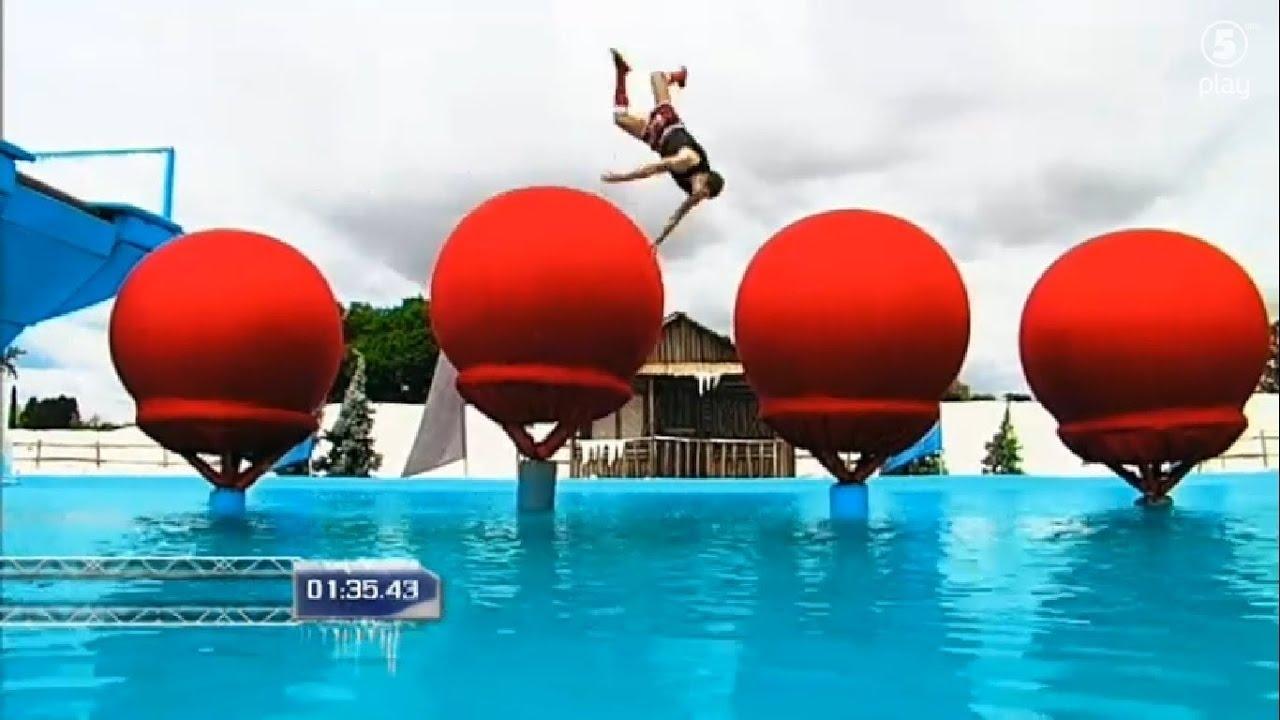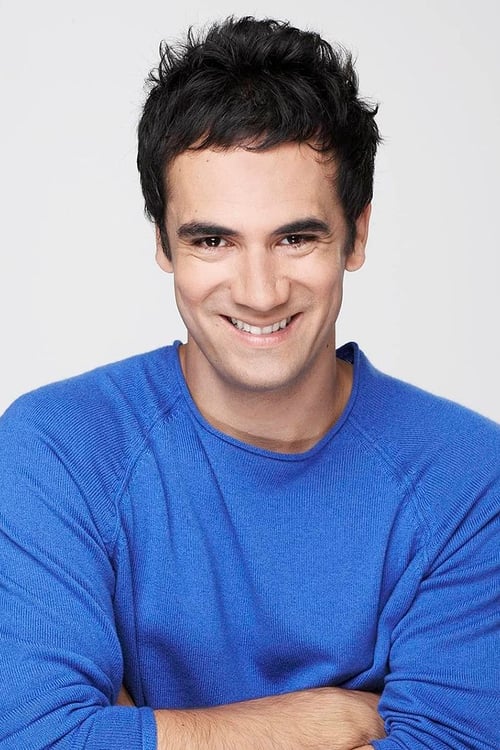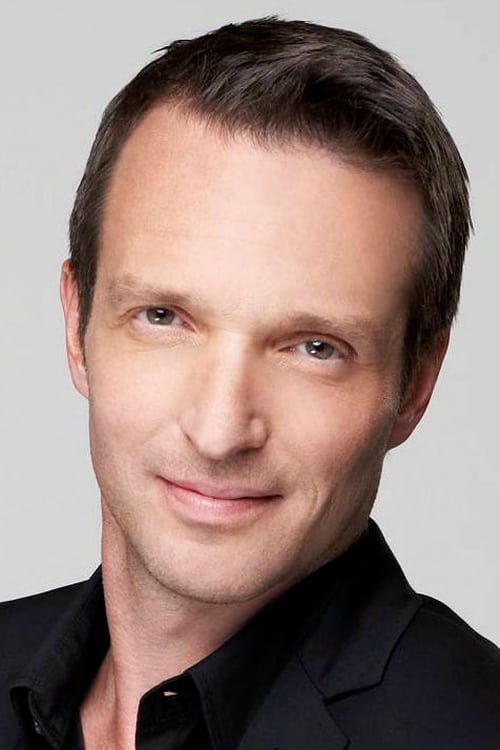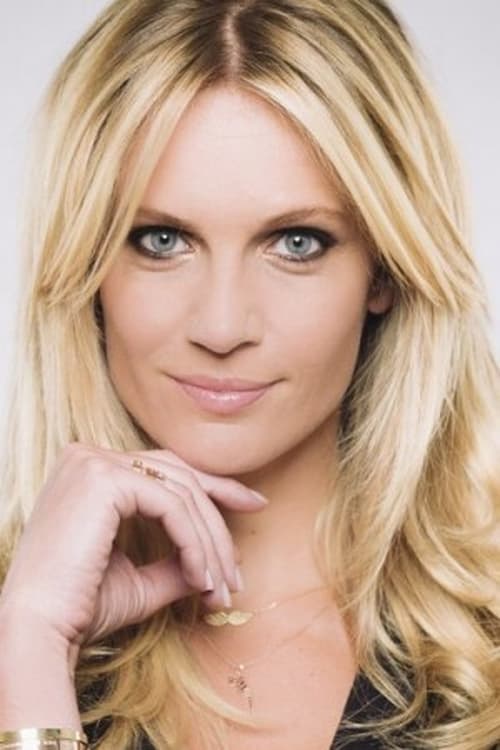
Total WipeOut
2009- 2009
1 Seasons
6 Episodes
0.0(0 votes)
Ended
Family
Overview
Production Companies

Cast & Crew
3 members
Acting
Alex Goude
Self - Host

Acting
Stéphane Rotenberg
Self - Host

Acting
Sandrine Corman
Self - Host



Self - Host

Self - Host

Self - Host
